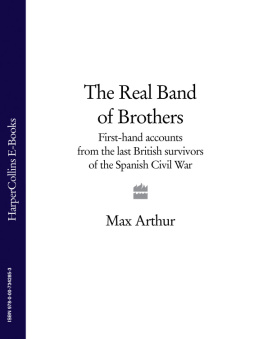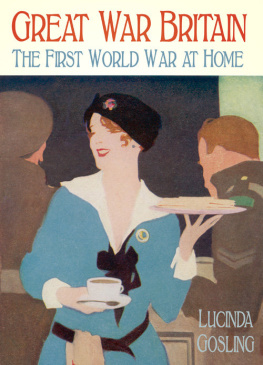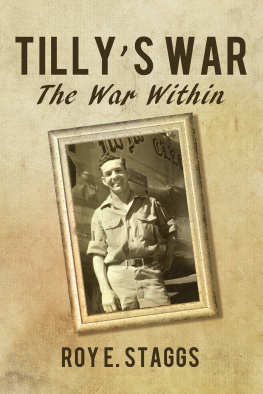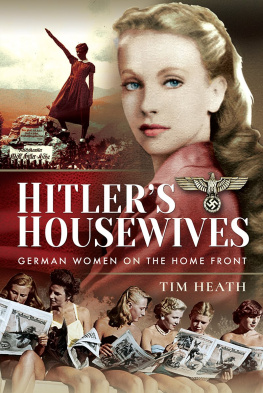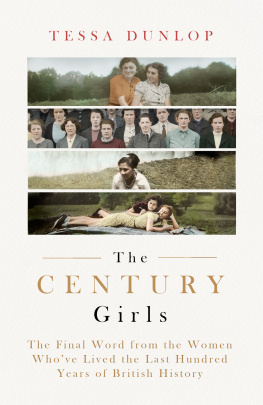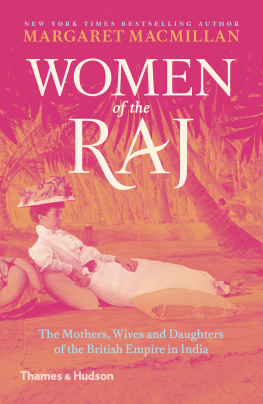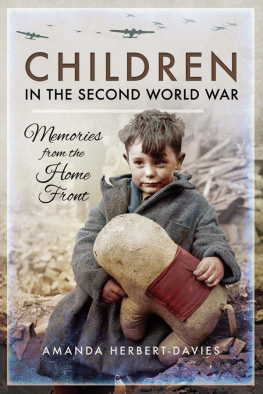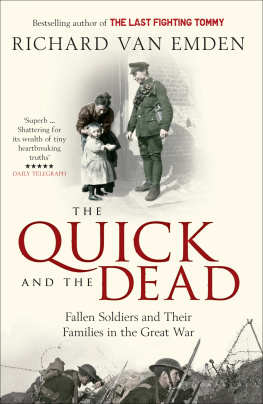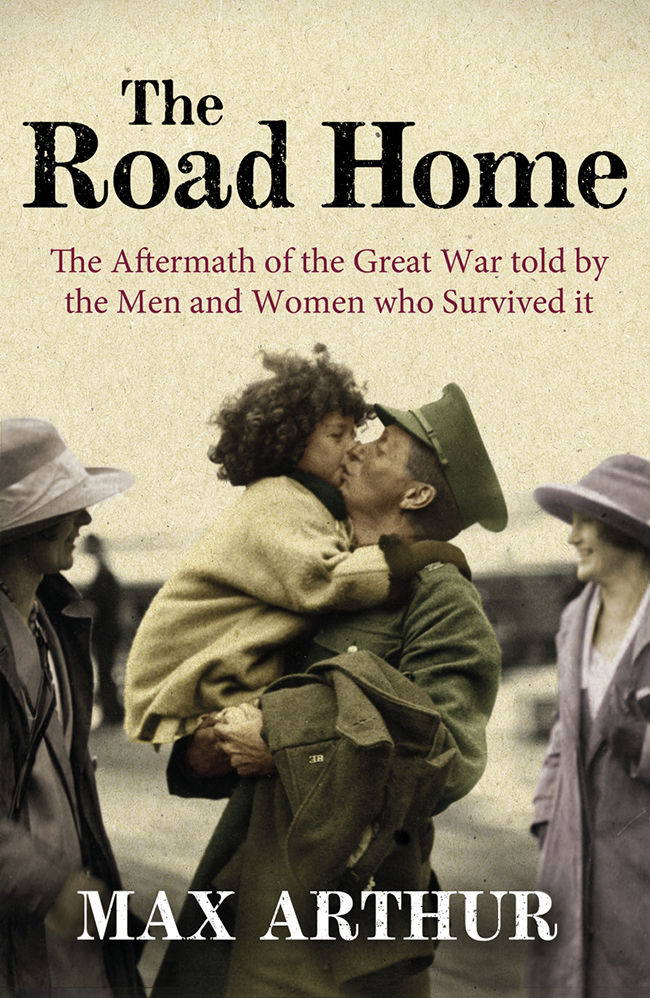Its a winning formula, and his books have enjoyed much success... there is also much that is arresting
Literary Review
Poignant... Todays youngsters should read this so they never forget the sacrifices of their forefathers
News of the World
A seamless patchwork of memories and recollections which, perhaps for the first time, tell us exactly how it was for the men returning to a land fit for heroes... essential reading... A simply superb work
The Great War
A deeply moving meditation on memory, courage, comradeship and the powerlessness of the common man caught up in political machinery
Evening Standard
Remarkably poignant
Mail on Sunday
For their devotion to King and Country and for Mr Arthurs work we should all be grateful
Contemporary Review
Max Arthur is the author of the bestselling books Last Post, Forgotten Voices of the First World War and Forgotten Voices of the Second World War. His other oral history titles include the classic work on the Falklands Campaign, Above All, Courage. He is the military obituary writer for the Independent.
THE ROAD HOME
The Aftermath of the Great War Told by
the Men and Women Who Survived It
MAX ARTHUR

Contents
At my publishers, Weidenfeld and Nicolson, I would like to thank Ian Drury, the former Publishing Director for his inspired idea for the book and Keith Lowe for his editorial skills, his support and tenacity.
In the research for this book Samantha Crew spent countless hours at the Imperial War Museum typing up taped interviews and I thank her. Throughout the writing of this book I have had the great fortune to have Vicky Thomas who orchestrated so sensitively and accurately all the taped and transcribed interviews, for which I am profoundly grateful.
Within the Imperial War Museum I am indebted to Margaret Brooks, the Keeper of the Sound Archive; and to Peter Hart, the Museums distinguished oral historian, for his advice and support throughout this book. The remarkable work of the Sound Archive has no parallel in this country, and future oral historians will benefit from the thousands of hours that its staff have recorded of servicemen and women involved in all the wars since the Great War. See the following page for a full list of the interviews used in this book. I am also most grateful to Chris Sheppard and Karen Mee of the Special Collections at the University of Leeds.
I would like to particularly thank the historian Lyn Macdonald for her permission to use several extracts from her excellent book on the Great War, Ordeal by Fire.
I want to thank my brother Adrian, an expert on the British Army, who always came up with the correct title for each regiment, many of whom are now lost in the fog of history.
Throughout the writing of this book I have the support of my dear friends Sir Martin and Lady Gilbert, Don and Liz McClen, David and Annie Rickards, Susan Jeffreys and Deborah Moggach.
Ruth Cowen has given me sound advice, much humour and affection. Her sensitivity and understanding has enriched this book and I profoundly thank her.
My final thanks go to Lucia Corti for her beauty and her love.
IWM Sound Archive Interviews:
32 Wilson
36 Thorpe
42 Martin
46 Grover
95 Benham
316 Woolley
330 Johnson
332 Ounsworth
377 Limerick
486 Wilkinson
507 Allwood
508 Evans
510 Wright
515 Edgley
559 Esler
737 Dixon
9279 Steward
9434 Collins
9926 Jones
9987 Bashford
10441 Grover
13731 Farr
In 2005 I interviewed the last twenty-one veterans of the Great War for my book, Last Post: The Final Words from our Soldiers of the Great War. Each one was more than hundred years old, and all had vivid stories to tell of their experiences of the war. With the deaths of Henry Allingham and Harry Patch this year, there are now in Britain no living witnesses to the great campaigns, and their testimonies have passed into history.
Most oral histories of the Great War my own included have naturally concentrated on serving soldiers, and concluded at the end of the conflict. This time I wanted to shift the focus away from an exclusively military approach, and examine the immediate aftermath of the bloodiest conflict of modern times. It has become axiomatic to talk about the disappointment of the demobbed soldier, returning to a homeland that he had been assured would be fit for heroes, only to find unemployment, austerity and indifference.
What did the returning veterans really find at home? How did the shellshocked, the blind and the amputees manage to find a place in a society that the war had changed beyond all recognition? And what of those who had stayed at home the conscientious objectors, the army of young widows, the spinsters without hope of a husband, the mothers who had sacrificed their sons. In this collection of testimonies all these people, and many more, tell their stories, and not all are what you might expect. From the grimmest of circumstances people did find the strength to rebuild their homes, their families and their working lives, with a tenacity, a determination and clear sense of purpose that only survivors of such a traumatic experience could have had.
Their accounts have been gathered principally from the archives of the Imperial War Museum, the Liddle Collection and contemporary news sources, and it has been a great privilege to hear such extraordinary tales of everyday optimism, stoicism and determination in the face of supreme difficulties. These are the words of real men and women: I have been but a catalyst.
Max Arthur
London
August 2009
As the last seconds of the war ticked away on the Western Front, some troops seized the opportunity to loose off their final rounds. Others, unable to believe that the hostilities of over four years were really about to end, sat quietly and waited. At last, over the devastation of the battlefields, the guns were silent.

Major Keith
Australian Expeditionary Force
At eleven oclock on the 11th November I was sitting in a room in the Brewers House at Le Cateau, which had been Sir John Frenchs headquarters at the time of the Battle of Mons. I was sitting at a table with a major in the Scots Greys who had a large, old-fashioned hunting watch which he put on the table and watched the minutes ticking away. When eleven oclock came, he shut his watch up and said, I wonder what we are all going to do next! That was very much the feeling of everyone. What was one going to do next? To some of us it was the end of four years. For many of us it was practically the only life we had known. We had started so young.
Nearby there was a German machine-gun unit giving our troops a lot of trouble. They kept on firing until practically eleven oclock. At precisely eleven oclock, an officer stepped out of their position, stood up, lifted his helmet and bowed to us. He then fell in all his men in the front of the trench and marched them off. I always thought that was a wonderful display of confidence in British chivalry, because the temptation to fire on them must have been very great.


